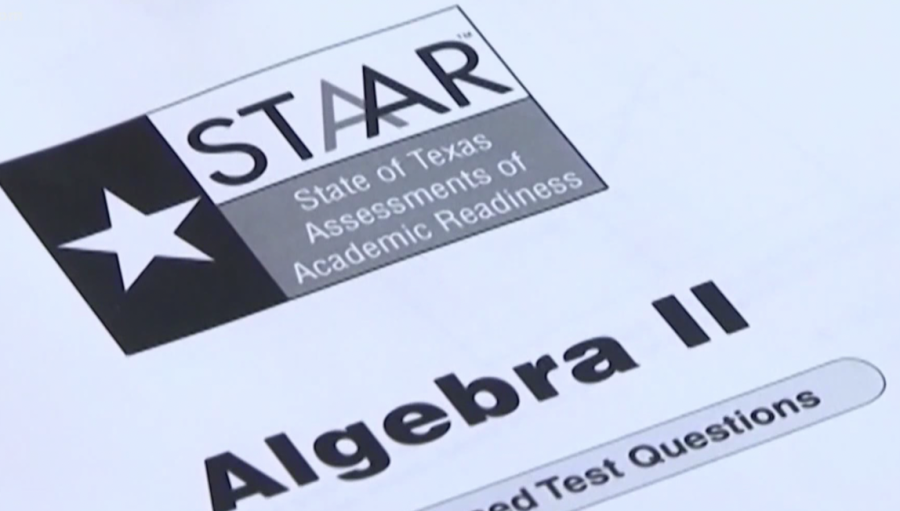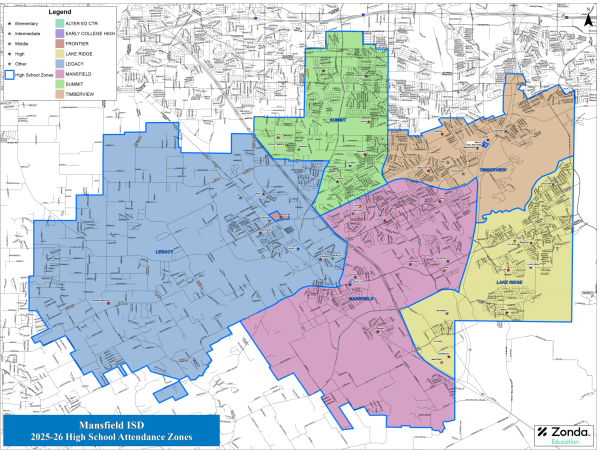Students Prepare for Redesigned STAAR Tests
From April 18 to May 12, high school students will take the redesigned State of Texas Assessment of Academic Readiness (STAAR) to measure their understanding of class materials
The STAAR test measures a student’s comprehension of the Texas Essential Knowledge and Skills (TEKS) curriculum, which is the standard in Texas.
“The biggest challenge for the STAAR exam is the amount of content that is supposed to be covered in the course and the actual amount of time given to teach it through the year,” Biology teacher Brandi Gates said. “Due to time restraints, content in the course is taught at an insanely fast pace. This unfortunately, gives little time for reteaching [or] reviewing and also less time for more applicable hands-on activities and labs that would really grab students’ attention, allowing them to better relate the course material to daily life.”
This year, there will be STAAR tests for Biology, English I and II, U.S. History and Algebra I.
“We prepare the English II classes in a variety of ways,” English teacher Sharon Lingle said. “The biggest preparation we give our students is intervention rotations that are done every six weeks. We also do smaller preparations like spiraling in TEKS that students need to focus on such as revising and editing and inference skills.”
In response to House Bill 3906, the STAAR test has been redesigned for the 2022-2023 school year to reflect the classroom environment more closely.
“Even other students and teachers agree that most things that are on the STAAR test, we don’t even cover,” sophomore Avea Dearing said. “I feel like the regular tests we take in class are more accurate.”
The new STAAR test will rely less on multiple-choice questions and more on short-answer questions to replicate teachers in class. The test will be online only, to make it more accessible for students and their needs.
“I don’t like standardized tests,” U.S. History teacher James Bowling said. “You don’t have to know everything about U.S. History to have a successful life. I would focus more on critical thinking skills and projects and team collaboration.”
The STAAR is required for graduation but is not the only way to measure student success. The Texas Education Agency (TEA) suggests using the STAAR along with grades, teacher reports and classwork to get a full measure of a student.
“It is good to assess the skills students have been taught throughout the year,” English teacher Colby Rodgers said. “However, I think there are several ways to assess it, not just a standardized test of this format.”








